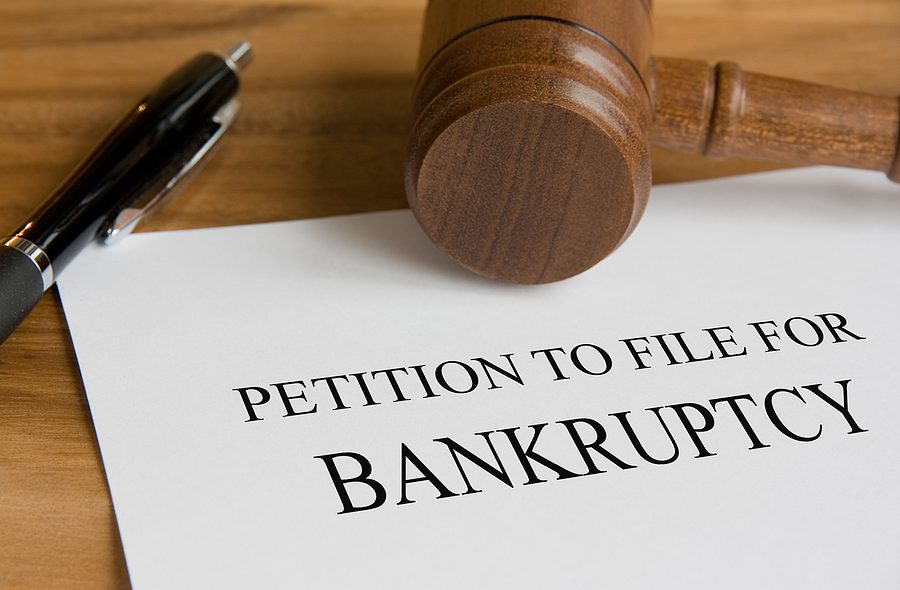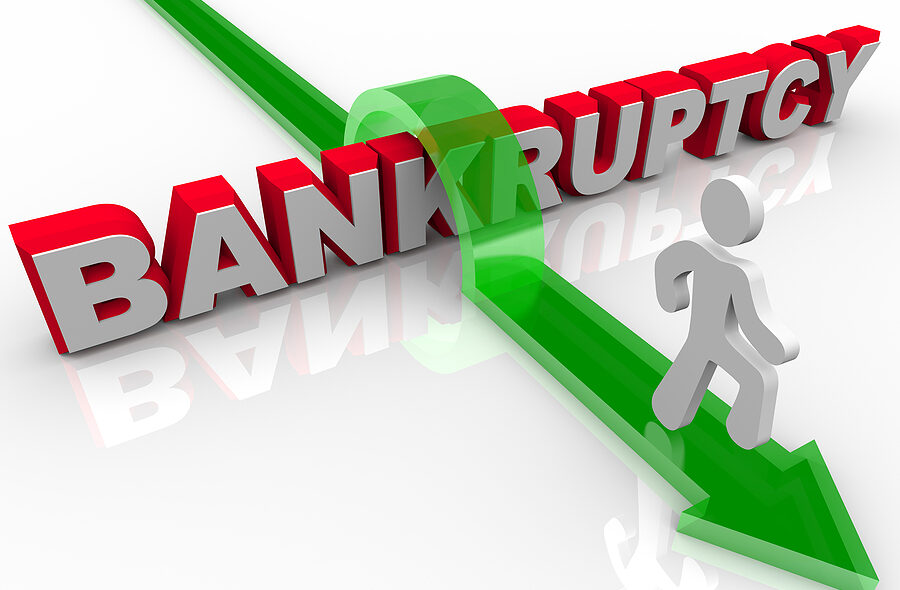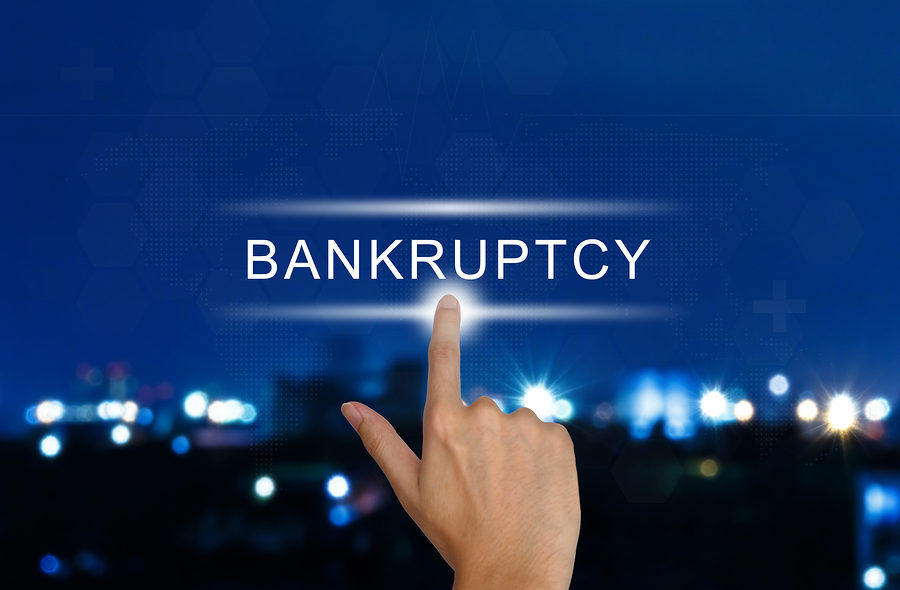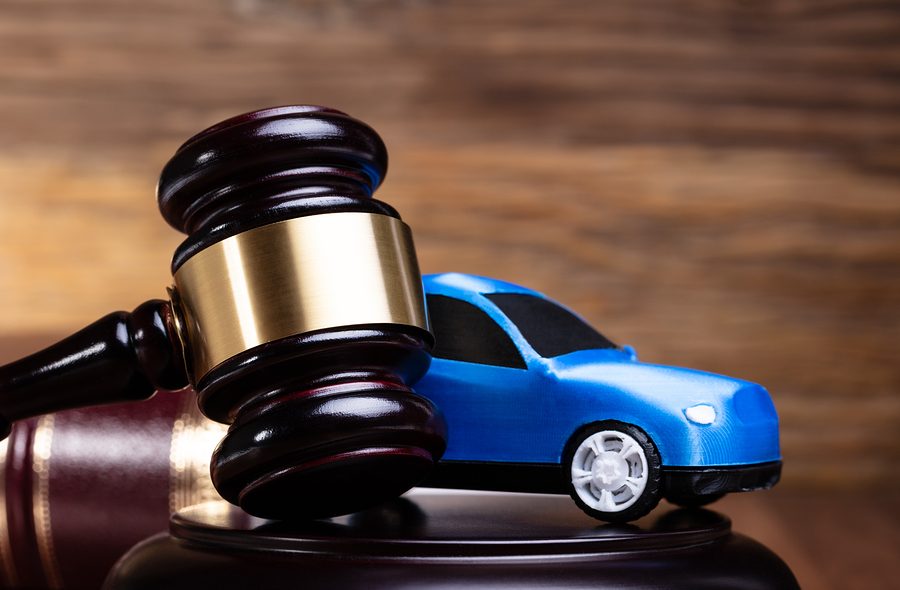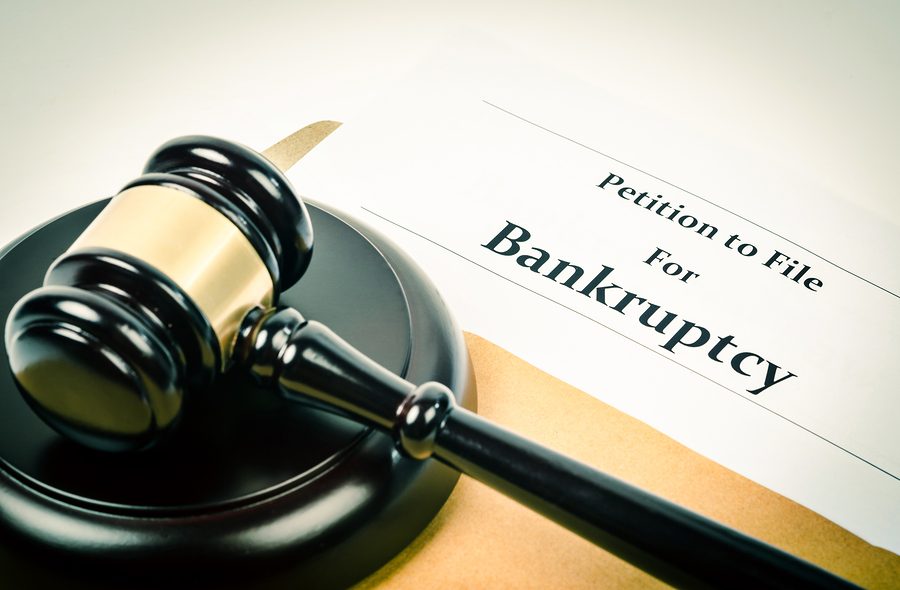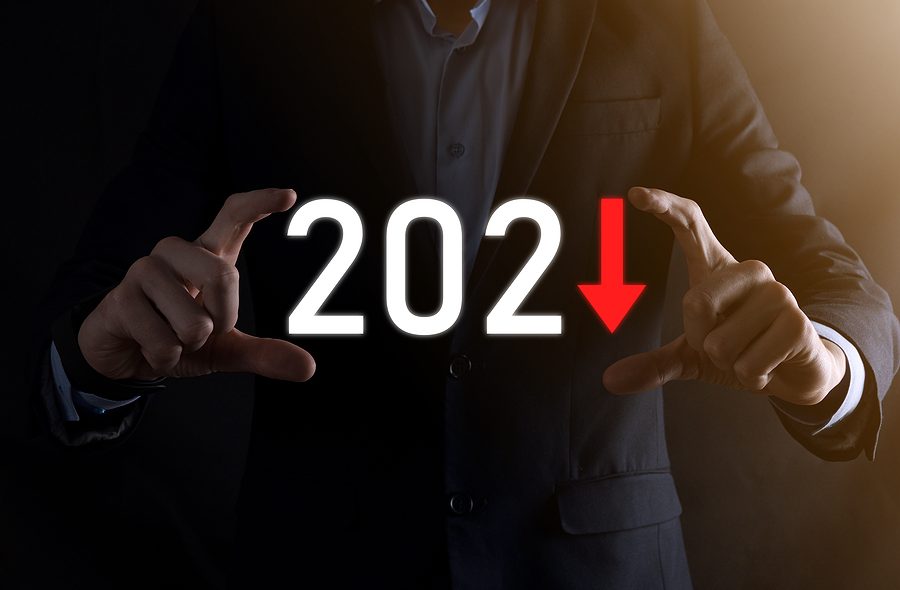Bankruptcy is an important tool, that allows consumers to obtain a fresh financial start. For many, the concept of bankruptcy is unfamiliar, and understanding the steps needed to file for bankruptcy is important in fully understanding the process.
Choosing a Chapter
The first step is determining which type of bankruptcy to pursue. Bankruptcy is not a one-size-fits-all type of situation. Choosing the right type of bankruptcy hinges a great deal on the individual’s specific circumstances. The most common two categories used by consumers are Chapter 7 and Chapter 13 bankruptcy. For filers who fall under a certain level of income and can pass the mean test, meaning they earn less than Florida’s median income, Chapter 7 bankruptcy is the best selection for them. Alternatively, if a consumer earns too much to qualify for Chapter 7, a Chapter 13 reorganization bankruptcy may be the best avenue for him or her.

